Clinical Supervision
Bianka Hardin, PsyD
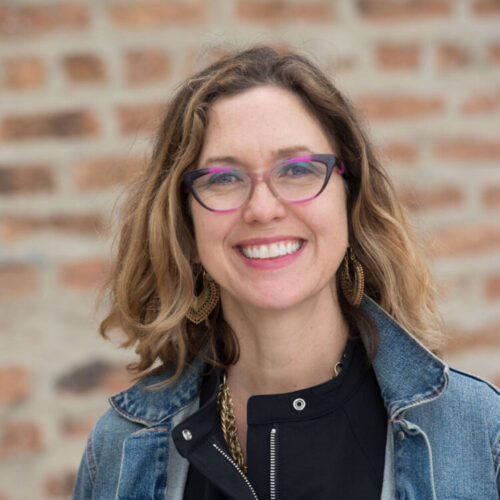
Pronouns: She/Her/Hers
NARM Master Therapist, Somatic Experiencing Practitioner (SEP)
I am invested in my continual learning and growth and have completed my training in Somatic Experiencing (SE) and the Neuro-Affective Relational Model (NARM) and have served as a training assistant for both training communities. I am currently a training assistant for NARM and am on the Leadership Team.
I consider myself to be a relational, feminist, body-oriented, trauma informed therapist and supervisor. I have been influenced by Judith Herman, Laura Vandernoot Lipsky, Janet Helms, Tarah Brach, Larry Heller, Brad Kammer, Peter Levine, Bruce Perry, and Bessel Van der Kolk as well as the many phenomenal professors and supervisors I have had the honor to learn from during my career.
What do you like about supervising and how would you describe your supervisory style?
I love supervising. When I was a trainee, I loved being supervised. I really enjoy learning and challenging myself. I had the great privilege to be supervised and taught by the best of the best. I channel the lessons I learned on a daily basis and am so very grateful for my mentors and teachers.
It is my great honor to be a part of people’s learning journey and I am humbled by the opportunity to be a therapist and to be a supervisor. Our work is life-changing and also has to power to change intergenerational patterns of harm and trauma. Wow, this is big. I bring this appreciation and acknowledgement of the importance of our work and our responsibility into my work and supervision. My preferred supervisory style is active, connecting, deep, and challenging. I enjoy being interactive in supervision and love watching session videos and doing role plays. I believe in reciprocal learning and enjoy learning from my supervisees.
What’s one important thing you learned from a mentor or supervisor that you integrate into your supervision?
It’s hard to just pick one!
- It’s important to prioritize people over tasks.
- There are no mistakes, just learning opportunities
- It’s important to continually be doing our own work
- Consult, consult, consult
Favorite quote about learning/growing?
The magic happens outside of your comfort zone.
Erynn Besser, LCPC, CST
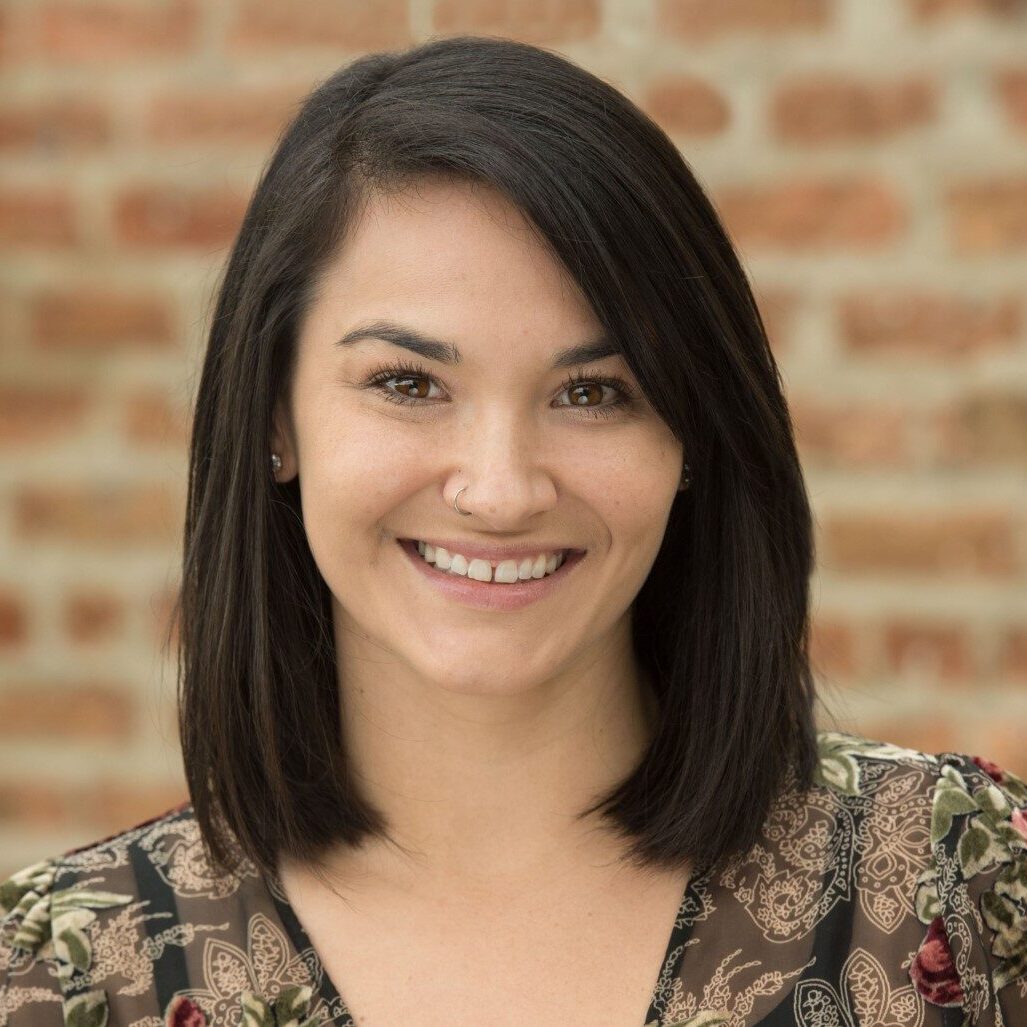
Pronouns: She/They
AASECT Certified Sex Therapist
My supervisory style is warm and collaborative. I enjoy working with clinicians who value cultural humility and who are curious and reflective. In working together, we will explore important systemic and cultural influences within therapeutic practice and develop holistic case conceptualizations. Supervisees can expect to build their understanding of clinical transference and countertransference, as well as deepen their therapeutic identity. I am grounded in a trauma-informed, feminist, and relational approach that emphasizes equity, harm-reduction, liberation, and pleasure.
Tracy Bischoff, PsyD
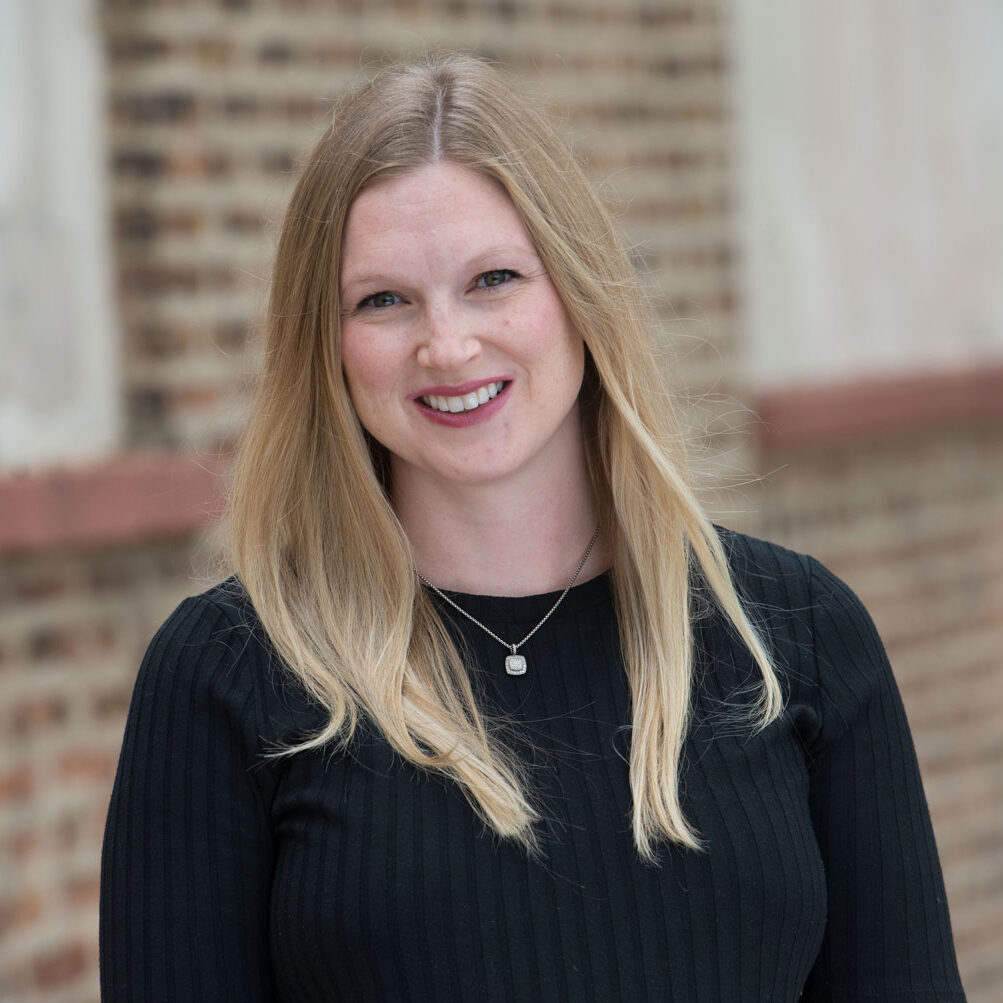
Pronouns: She/Her
Clinical supervision with me is relational and developmental in nature. I believe in meeting supervisees where they are at, regardless of how much experience they have or where they are in their career. I believe it is my role as a supervisor to support you in your growth as a clinician through the use of theoretically-grounded conceptualization, which informs the treatment plan and interventions. I incorporate trauma-informed, psychodynamic, and NARM theory into conceptualization as well as exploration of transference and countertransference that may present. Additionally, I highly value ethics as well as clinician self-care and incorporate this into supervision to ensure client care.
I believe that supervision is a space for supervisees to engage in self-reflection and personal growth as a clinician. My goal is for supervisees to develop and understand their own therapeutic style and to grow both professionally and personally. I want to support you in understanding who you are as a clinician and finding your own approach and therapeutic voice with your clients.
I enjoy working with clinicians who are reflective, open, vulnerable, and transparent about their clinical work. Supervision is a space for reflection and growth – I welcome questions and not knowing and believe it is important for clinicians to identify their own needs for our time together.
Gabrielle Granoff, PsyD
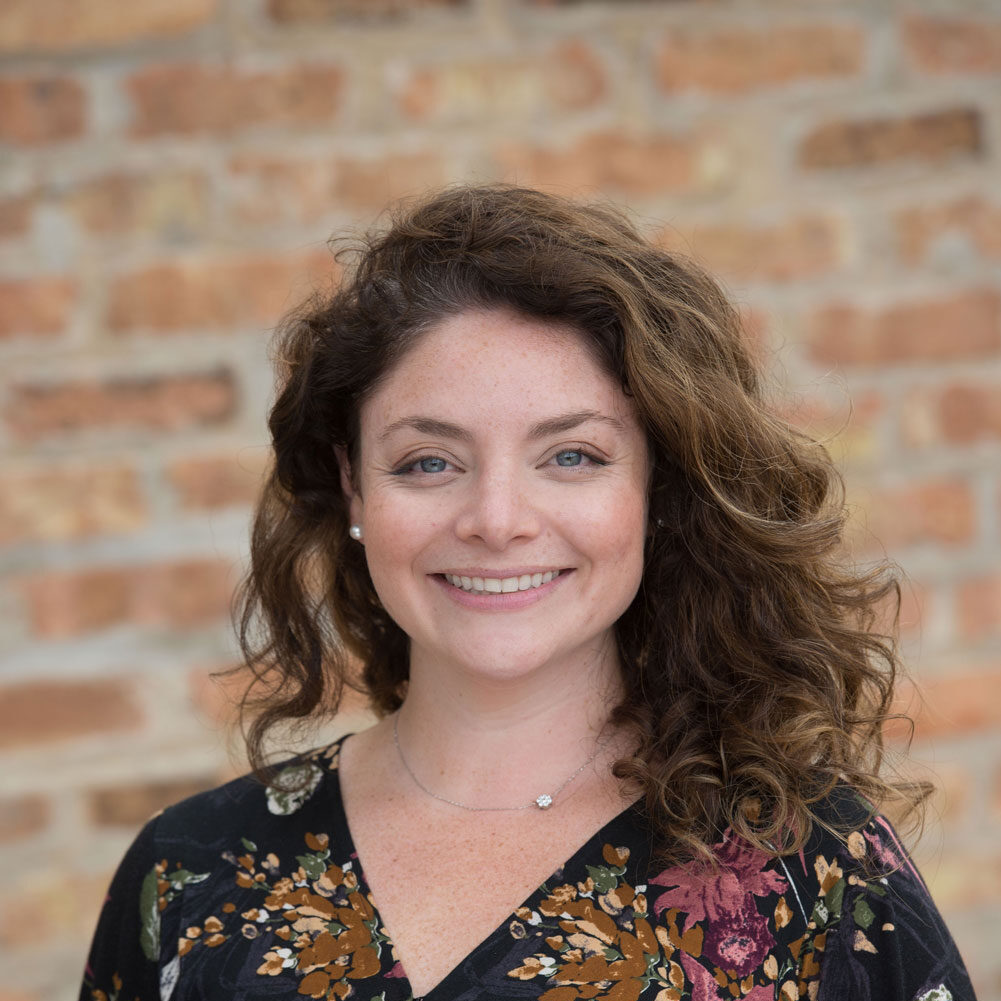
Pronouns: She/Her
Being warm, collaborative, and grounded is essential to my practice as a supervisor. I believe that relationships are at the core of the human experience and I am committed to building trusting relationships with each of my supervisees. My philosophy as a supervisor is developmental and collaborative. Each supervisee brings varied strengths and areas of growth that we explore together through direct instruction, reflection, and collaborative problem solving.
I teach from a trauma-informed, psychodynamic, relational, feminist, systemic, and body-oriented lens. I place a strong emphasis on countertransference and conceptualizing from a psychodynamic and relational perspective with an astute trauma lens. Learning to conceptualize is essential to being grounded while treating your clients; we will explore holding a solid conceptualization while maintaining connection to clients to refine and expand treatment.
I take a curious stance and join my supervisees in deeply understanding who they are and the experiences that have shaped them as people and as therapists.
Jamie Tolmatsky, PsyD
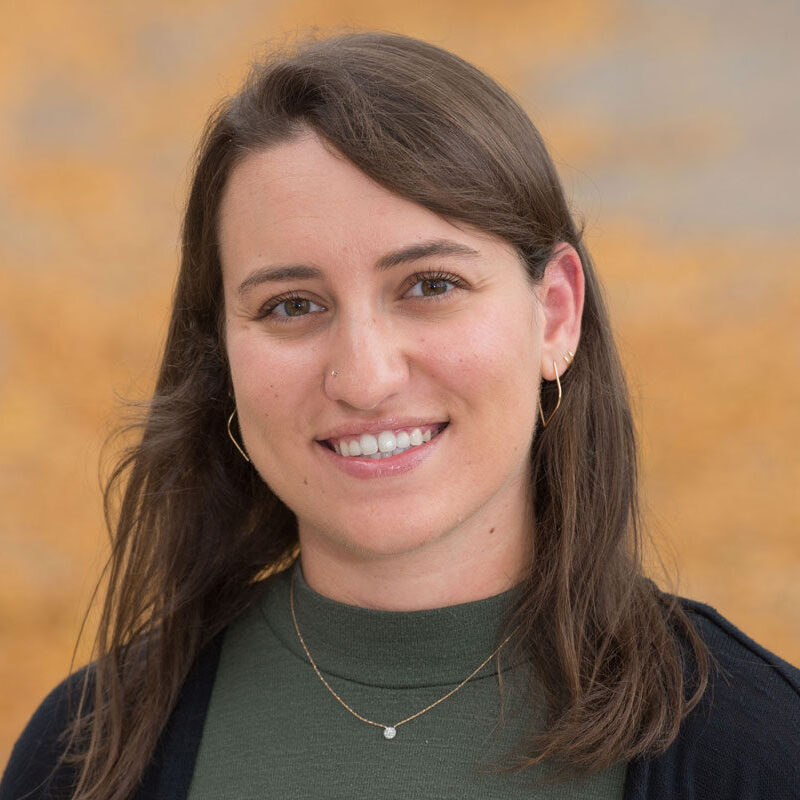
Pronouns: They/She
My supervisory style is exploratory and collaborative. I utilize a relational, feminist approach to support clinicians in the exploration of: systems of power, privilege and oppression; the intersubjective experience in the therapy room; professional identity development; the mind-body-spirit connection; attachment; and the existential realities of the human experience on client’s lives and presentation in therapy. I enjoy supporting supervisees in developing theoretically-grounded conceptualizations with ample time devoted to ethical consideration of transference and countertransference issues as well as verbal and nonverbal interventions. I am excited to work with clinicians who are curious, humble, reflective, and courageous in their growth and investment in themselves, their clients and their work.
I have been privileged to learn from a variety of mentors with different training and backgrounds. In particular, two of my own supervisors have placed great emphasis on the details – from the therapeutic value of informed consent to the impact of the words we choose and the medium with which we communicate. In my own work, I have come to relish the art of therapy with an appreciation for the big picture as well as curiosity, enthusiasm and deep respect for the impact of the seemingly mundane on the client experience.
Learn More
To learn more about our CTC Training courses and professional training, click below
